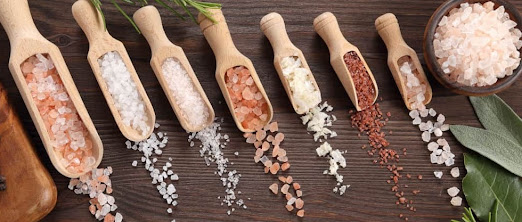The delicate balance of bacteria in your mouth is as important to your health as your gut microbiome
Periodontal disease is initiated by an increase in Porphyromonas gingivalis, a bacteria that also impairs your innate immune response and increases your risk of Type 2 diabetes, heart disease, pneumonia, autoimmune conditions and mental health disorders
When bacteria that cause tooth decay and gum disease enter into your circulatory system, your liver releases C-reactive proteins, which have inflammatory effects. Inflammation, in turn, is known to be a disease-causing force leading to most chronic illness
P. gingivalis has been found in the brains of Alzheimer’s patients, and may be a causative contributor to the condition.
Failing
to brush twice a day has been shown to increase the risk of dementia by
as much as 65%, compared to brushing three times a dayA recent study involving 40,175 middle-aged adults with no history of stroke or dementia found that
people with poor oral health had higher levels of neuroimaging markers associated with white brain matter injury. Because these markers precede and are established risk factors of stroke and dementia, the results suggest that
oral health is a promising target for very early interventions focused on improving brain health
Read the full analysis
Subscribe to Mercola for more news & videos





